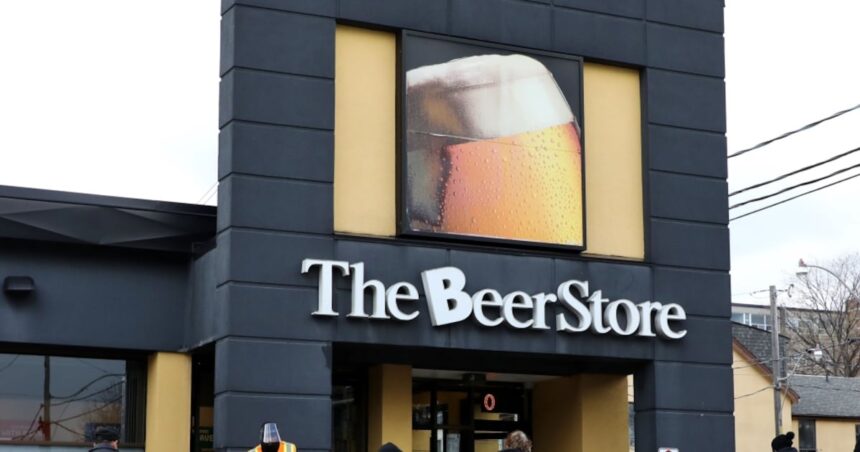In a significant shift within Ontario’s retail landscape, The Beer Store has announced the imminent closure of 11 additional outlets across the province, including two more in Toronto. This latest round of shutdowns follows a broader pattern of consolidation that has seen the retailer gradually reducing its physical footprint amid changing consumer behaviors and an evolving regulatory environment.
“These closures represent necessary adaptations to market conditions,” said Ted Moroz, President of The Beer Store, in a statement released Tuesday. “We’re focusing resources on our most viable locations while ensuring Ontarians maintain convenient access to our products and bottle return services.”
The Toronto closures will affect locations at 1580 Avenue Road in North York and 1285 Queen Street East in Leslieville, with the latter scheduled to cease operations by late November. Beyond the Greater Toronto Area, the additional nine closures span communities from Windsor to Ottawa, impacting both urban centers and smaller municipalities across the province.
This retrenchment comes amid significant transformation in Ontario’s beverage alcohol retail sector. The provincial government’s expansion of beer and wine sales to convenience stores, announced earlier this year, has intensified competitive pressures on The Beer Store’s traditional business model.
Industry analysts point to multiple factors driving these closures. “The Beer Store is facing a perfect storm of challenges,” explains Dr. Sylvia Kerr, retail economist at the University of Toronto. “Rising real estate costs, changing consumer preferences toward online shopping, and the liberalization of alcohol sales regulations have fundamentally altered their operating environment.”
The retailer, primarily owned by major brewing companies Molson Coors and Labatt, has emphasized that affected employees will receive support through the transition. “Every effort will be made to reassign staff to nearby locations where possible,” noted Moroz, though the company declined to specify exactly how many jobs might be eliminated.
For consumers, particularly those who regularly use The Beer Store’s bottle return program, the closures will necessitate adjustments. The company has indicated plans to expand return services at remaining locations and is exploring partnerships with municipal recycling programs to maintain convenient deposit return options.
This restructuring represents the latest chapter in Ontario’s gradually evolving approach to alcohol sales. The province’s regulatory framework has been incrementally liberalized since 2015, when beer and wine sales first expanded to select grocery stores. The current government has accelerated this process, positioning convenience store alcohol sales as supporting consumer choice and small business growth.
Environmental advocates have expressed concern about potential impacts on Ontario’s bottle return system, which The Beer Store has operated for decades. “These closures could undermine our province’s successful container recycling program if adequate alternatives aren’t implemented,” said Environmental Defence spokesperson Jennifer Wilkins. “The Beer Store collects over 1.6 billion containers annually, achieving recycling rates above 85 percent.”
As communities adjust to these changes, questions remain about the future configuration of Ontario’s retail alcohol landscape. Will the traditional Beer Store model continue its gradual contraction as newer channels expand? And what implications might this hold for Ontario consumers and the environmental sustainability of our beverage container recycling system?


















